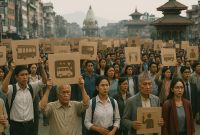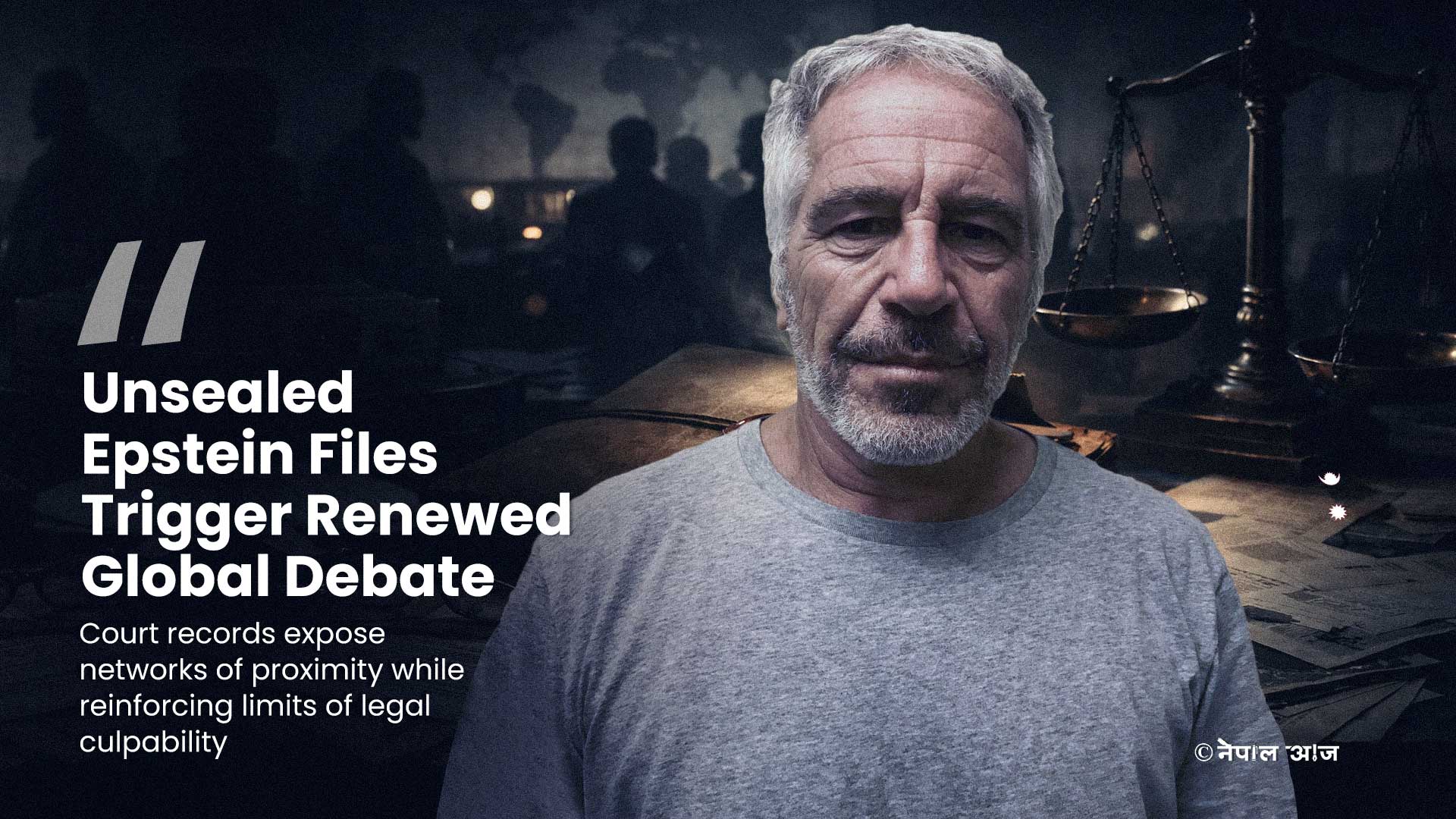Prostitution and Red-Light Areas in Nepal: An Insight for Foreigners

Nepal, renowned globally for its stunning Himalayan peaks, rich cultural tapestry, and warm hospitality, maintains an unequivocal legal stance against sex tourism and commercial sex work. Unlike jurisdictions that have opted for regulation or legalization, Nepal's laws, particularly under the Muluki Criminal Code (2017), strictly prohibit prostitution and related activities, carrying potentially severe penalties for clients, sex workers, and facilitators alike. This firm legal position reflects deeply ingrained societal values, yet it coexists with a complex and often hidden underground reality.
Informal Hubs, Not Red-Light Districts
Despite the stringent legal framework and absence of officially designated red-light districts, certain urban areas have gained notoriety as informal hubs where illegal commercial sex activities reportedly concentrate. It is crucial to understand these are not sanctioned zones but rather locations where enforcement actions frequently occur.
- Thamel (Kathmandu): As Kathmandu's primary tourist enclave, Thamel buzzes with hotels, restaurants, bars, and trekking agencies. Its vibrant nightlife, however, has long been associated with an undercurrent of illicit activity. Authorities periodically conduct raids on establishments like massage parlors, dance bars, and nightclubs suspected of operating as fronts for the sex trade, underscoring the risks involved and the activity's illegal nature. Recent crackdowns continue to target these operations.
- Sundhara (Kathmandu): Situated near the historic Dharahara Tower and known for budget accommodations, Sundhara is another area flagged by authorities. Reports suggest some guesthouses, Dohori restaurants (folk music venues), and dance bars have been implicated in the illegal trade, attracting periodic police attention and enforcement actions aimed at deterrence.
- New Bus Park (Gongabu, Kathmandu): Serving as a major transit point connecting the capital with the rest of the country, the area surrounding the New Bus Park (Naya Buspark) in Gongabu, with its numerous budget lodges and eateries, has also been a focus of police operations targeting illegal sex work and related concerns like human trafficking.
- Lakeside & Bus Parks (Pokhara): In Pokhara, Nepal's premier tourist destination after Kathmandu, areas around Lakeside catering to tourists and transport hubs like Baglung Bus Park have reportedly seen similar activities associated with guesthouses and nightlife venues, remaining under law enforcement scrutiny.
Enforcement and Trafficking Concerns
Police raids in these and other areas are a regular feature, often framed as crackdowns on "social ills" or "immoral activities." However, these enforcement actions frequently intersect with Nepal's significant challenge of human trafficking. Many individuals involved in the sex trade, particularly women and minors, are victims of trafficking, coercion, or dire economic circumstances. Anti-trafficking units often collaborate in raids on suspicious venues, highlighting the dangerous nexus between the illegal sex trade and organized crime. The focus of law enforcement often includes rescuing potential trafficking victims alongside apprehending those involved in facilitating or soliciting sex work.
Cultural Values vs. Evolving Debates
The strong legal prohibition against sex work is deeply intertwined with Nepal's socio-cultural fabric. Predominantly Hindu and Buddhist values often emphasize female purity and respect, with analogies sometimes drawn to goddesses like Laxmi. This perspective contributes significantly to the societal stigma surrounding sex work and reinforces the political reluctance to consider decriminalization or legalization.
Nevertheless, the debate is not static. Rights activists, some health organizations, and increasingly vocal segments, particularly among younger generations, argue for a shift towards decriminalization or regulation. Proponents contend that the current criminalized approach drives the trade underground, increases health risks (like HIV/STIs due to lack of access to safe services), makes workers more vulnerable to violence and exploitation, and prevents effective harm reduction strategies. They argue that recognizing sex work as labour could allow for better health monitoring, safer practices, and protection from abuse and trafficking.
Conversely, strong opposition remains, citing moral and ethical objections. Opponents fear legalization would normalize the commodification of bodies, potentially increase demand and trafficking, exploit vulnerable populations, and erode societal values. This ongoing tension means that while discussions occur, significant legislative change appears unlikely in the immediate future.
Current Realities: Health and Economy
In the present context (May 2025), economic pressures may be exacerbating vulnerabilities. Lack of employment opportunities can push individuals, especially from marginalized communities, towards survival sex work, further increasing their risks. Access to non-judgmental healthcare, including STI testing and treatment, remains a challenge for sex workers due to stigma and fear of legal repercussions.
A Message for Visitors
For tourists visiting Nepal, the message remains clear: engaging in commercial sex activities is illegal and carries significant risks, including severe legal penalties and potential involvement in exploitative situations. Visitors are strongly encouraged to respect Nepal's laws and cultural norms and to focus on the country's vast array of legitimate attractions – its majestic mountains, adventure tourism, spiritual heritage, and diverse cultures.
Conclusion
Nepal officially remains firm in its stance against sex tourism and commercial sex work, backed by strict laws and strong cultural norms. However, the reality on the ground involves a persistent, clandestine trade concentrated in certain urban hubs, often linked to human trafficking and exploitation. While law enforcement continues its efforts, and the debate around potential legal reform simmers, the current framework unequivocally criminalizes these activities. Nepal seeks to project an image focused on its natural beauty and cultural richness, urging visitors to engage respectfully with the country and its people.
Prostitution Red-Light



![From Kathmandu to the World: How Excel Students Are Winning Big [Admission Open]](https://www.nepalaaja.com/img/70194/medium/excel-college-info-eng-nep-2342.jpg)


